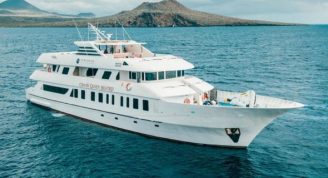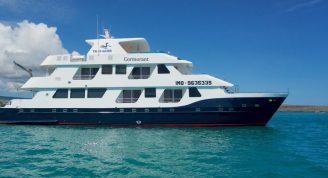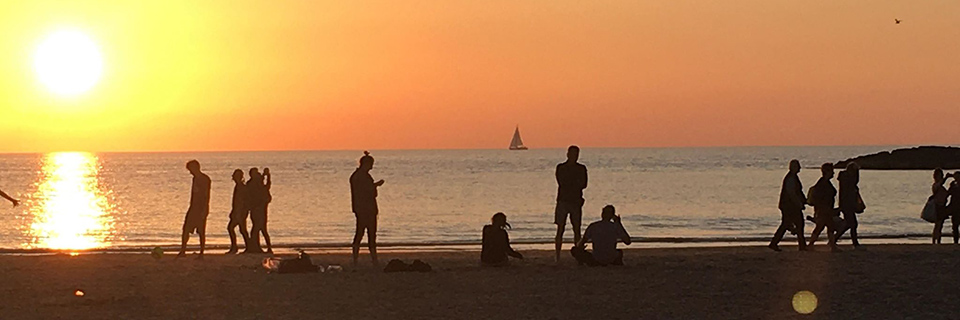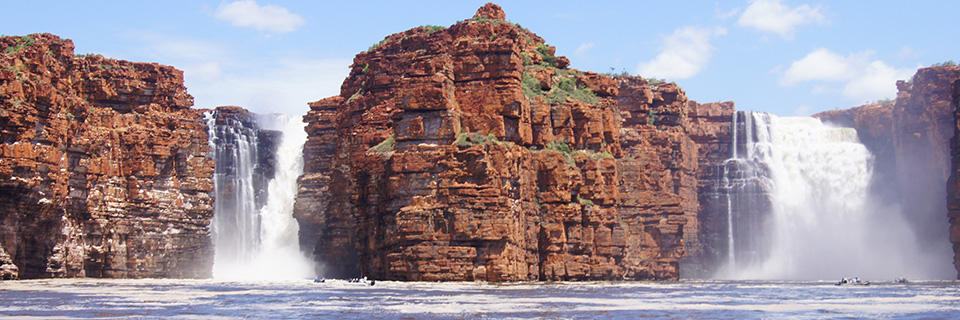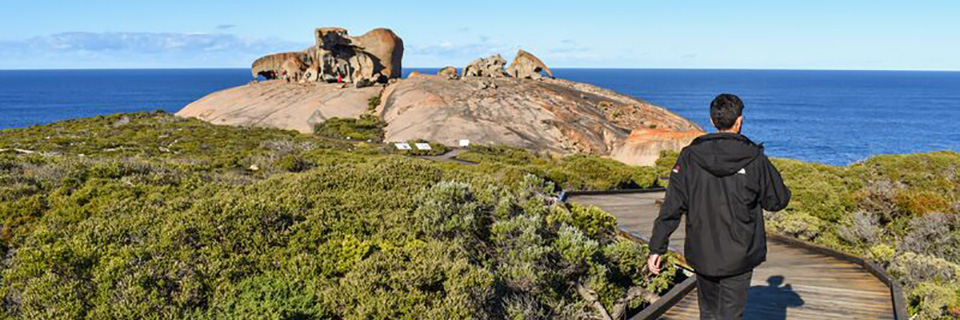Description
Embark on a 7-day Central & West Galapagos Safari, an expedition of epic proportions.
Your adventure begins at Baltra Airport, where the enchanting highlands of Santa Cruz beckon. Dive into the depths of Isabela, encountering the Tintoreras Shark Channel and the fiery Sierra Negra Volcano. Marvel at the tortoises of the breeding center and the mesmerizing wetlands.
Finalise your voyage at Las Bachas Beach where the sand here is made of decomposed coral, so it’s white and soft, an ideal nesting site for sea turtles.
Trip Name
Tribute Luxury Galapagos Cruise C - Darwin's Odyssey
Days
7
Overview
Vessel Type: Luxury Yacht
Length: 43 meters
Passenger Capacity: 16
Built/Refit: 2008/2023
Experience Galapagos in Luxury: Indulge in sophisticated design and breathtaking ocean views aboard our cruise. Savor local flavors in elegant indoor and outdoor dining areas. Retreat to premium suites with modern amenities. Relax in the outdoor Jacuzzi while soaking in stunning Galapagos vistas.
Amenities
Indulge in absolute luxury as you explore the Galapagos Islands with our Tribute Cruise. Enjoy the finest amenities, including a cocktail bar and wine vault, an ocean-view dining experience, and a delightful coffee and chocolate corner.
Our pop-up boutique offers exclusive treasures, while Freddy’s lounge and library provide a tranquil escape.
The upper deck invites you to unwind in the sunset lounge, rejuvenate in the private massage area, or stay active in the workout zone.
On the sun deck, relish al fresco dining, savor a BBQ feast, and soak in breathtaking views from the panoramic lounge and sky tub. Your every desire is our pleasure.
Suites and Cabins
Immerse yourself in refinement aboard our Tribute Cruise. Choose from our elegantly appointed suites and cabins to find your perfect sanctuary.
The Panorama Suites offer spacious comfort, with an average of 20m2, and feature superior foam mattresses, a pillow menu, and individual air conditioning.
The Premium Suites, averaging 25m2, include a convertible sofa, double washbasin, and extra storage.
Our Owner’s Suite, an expansive 50m2, boasts a resting lounge, double washbasin, and binoculars for wildlife enthusiasts.
For added convenience, our under-deck cabins provide privacy and comfort with private facilities and an average size of 18m2.
Enjoy every moment in style.
Elevated On-board Safety
Ensuring the utmost safety on-board is our paramount priority. We have proudly acquired the International Safety Management Certificate from the International Marine Organisation (IMO), demonstrating our unwavering commitment to safety protocols. Our vessel is equipped with state-of-the-art security equipment, adheres to stringent on-board regulations, and provides clear safety instructions.
Scheduled maintenance and rigorous inspections maintain our yatch in impeccable, secure condition, ensuring peace of mind for all our esteemed guests.



